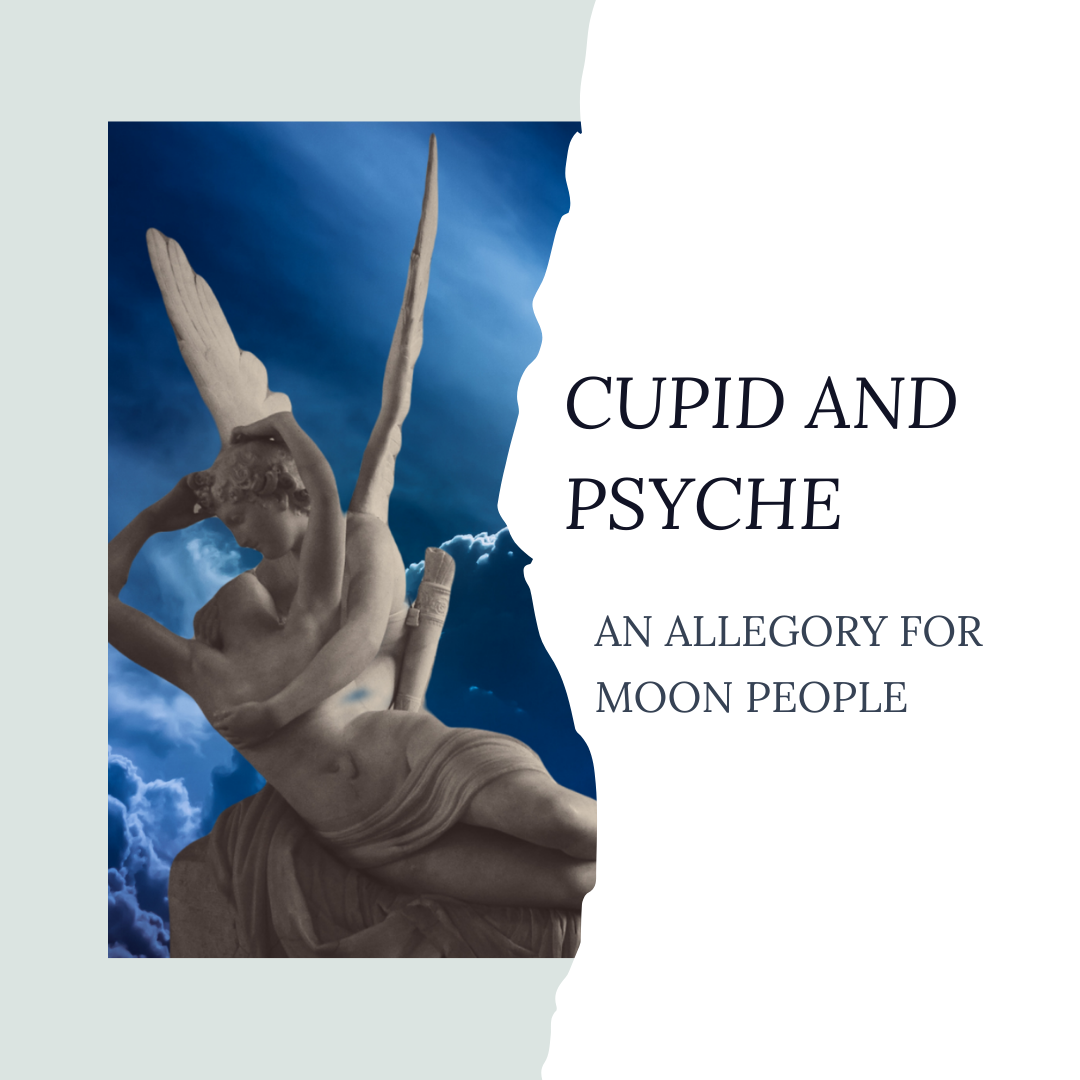Firdaria: Outline the Story of Your Life
In “Are You a Sun Person or a Moon Person?” I talked about the fact that the sun isn’t always the most important planet in your chart. If you were born at night, the moon is actually the lead planet in your chart.
Sun people want to shine. They like to live life in a steady and predictable way that gives them a sense of progress and purpose. Lunar people are more comfortable staying out of the spotlight. They are changeable and prefer to move through life by feel.
I mentioned that sun people and moon people need an entirely different instruction manual for going through life, and I actually had a particular instruction manual in mind: Firdaria.
What is Firdaria?
Firdaria is a Medieval predictive technique that outlines the chapters in the life. Each chapter of life (also called a Firdar period) is ruled by a planet, and that planet sets the tone for the events that will happen during the time it rules.
Firdaria is a bit like transits except everyone experiences one of two Firdaria sequences, and transits are different for everyone. Even predictable life-phase transits like Saturn returns are slightly different for different people because of the variability in Saturn’s orbit. Some people will experience their Saturn returns at age 27 while others have to wait until they’re almost 30.
If you were born during the day, you will experience the same Firdaria sequence as everyone else born during the day. The sun will be the ruling planet when you are in Kindergarten, just like all of the other sun babies in your class.
If you were born during the night, the moon will be your ruling Firdaria planet when you are Kindergarten, just like all of the moon babies.
If you were born during the day, your life begins with a ten year sun period. During this time, you are learning how to shine. Solar babies who are getting their needs met by the adults in their life get a clear message about what them unique, and they start figuring out what they might want to be when they grow up.
After ten years of focusing on themselves and what makes them special, solar people enter an eight year Venus period where they learn about relationships. Friendship and romance is the dominant theme in the lives of solar people as they learn to compromise between their needs and the needs of people they care about.
As solar people enter adulthood, they enter a Mercury period that lasts until they turn 31. Mercury is the planet of communication and learning, and solar people use this time to learn how to communicate themselves and their message.
After the often frantic Mercury time, solar people enter a moon period that lasts for nine years. The moon period is a time of darkness and retreat, and some solar people use this time to step back from the workforce and focus on their homes and children. Others spend this time learning how to attend to their emotional health, or they become more adept at introspection.
The Saturn period starts when solar people are about 40. They are on the brink of their Uranian opposition, and the pressure to create something that is really worth something in the world is mounting. Saturn is the planet of hard work, and solar people return from their lunar phase with the determination to make something of what they’ve learned.
At 51, solar people enter their Jupiter period. If they have worked on themselves and integrated the previous planets, this can be a time of generosity and reward when they begin to consider how to pass what they’ve learned on to the next generation. If life has been difficult, or the solar person hasn’t done an adequate job taking care of themselves, the Jupiter period can also be a time where there is a great temptation toward addiction or excess.
The Mars period follows the Jupiter period at age 63, and it is a time of challenge. Mars is the most difficult planet for solar people, and if the solar person hasn’t learned to work with Mars during the previous Firdaria periods, they will have lessons to learn about conflict and enforcing boundaries.
Firdaria for Moon People
Moon: 9 years
Saturn: 11 years
Jupiter: 12 years
Mars: 7 years
Sun: 10 years
Venus: 8 years
Mercury: 13 years
Lunar people begin life with a nine year moon period in which they learn about their emotions and the challenges of living in a physical body.
In their teens, lunar people enter their Saturn period. Saturn is the most difficult planet for moon people. During this time, they encounter Saturn as authority outside of themselves that has to be listened to and obeyed.
In their 20s, lunar people focus on their studies during their Jupiter period. Because Jupiter is an out of sect planet for lunar people, this learning phase can feel overwhelming. They might develop an interest in philosophy or religions that attempt to answer cosmic questions.
The 30s are a great time for lunar people. They enter their Mars period. Mars is a difficult planet, but it is in sect for lunar people, and they can look to Mars as an ally giving them motivation and drive to achieve their goals.
In their 40s, lunar people enter their sun period and step into the spotlight. The sun is the out of sect luminary for solar people, and they feel tension within themselves between the need to shine and their preference for staying out of sight. Some it is like a light comes on and blinds them. They would prefer to hide away from exposure, but they need to promote themselves.
Lunar people spend their 50s in their Venus period learning self-acceptance and self-love. Most of them have already found a partner and had a family if they are going to before they reach their Venus period, so the focus of this time is on developing friendships.
In their 60s, it is time for lunar people enter their Mercury period. It is time for them to look back on everything that has happened, analyze their life, and write/speak about it. What have they learned? What lessons do they have to teach others?
Why Are We Here and What Have We Learned?
Everyone is different. Some solar people will have a wonderful time exploring cosmic ideas in their 20s, and some solar people will enjoy the quiet introspection of their moon time.
But Firdaria is a valuable timing technique that can help you understand where you are in the story of your life and what you’re trying to accomplish.
Go Deeper with Firdaria
Learn how to use Firdaria in chart readings, as well as other intermediate techniques like relationship and career analysis, in my course Reading Stories in a Natal Chart.
Related Articles






